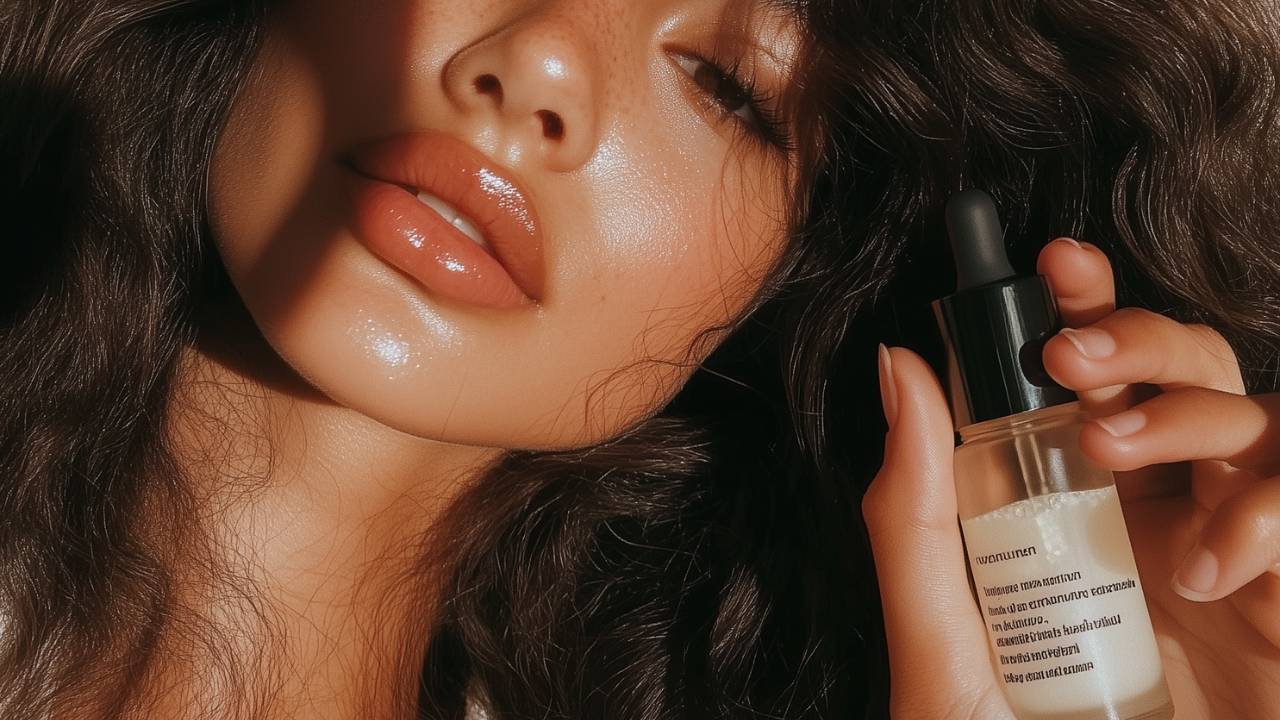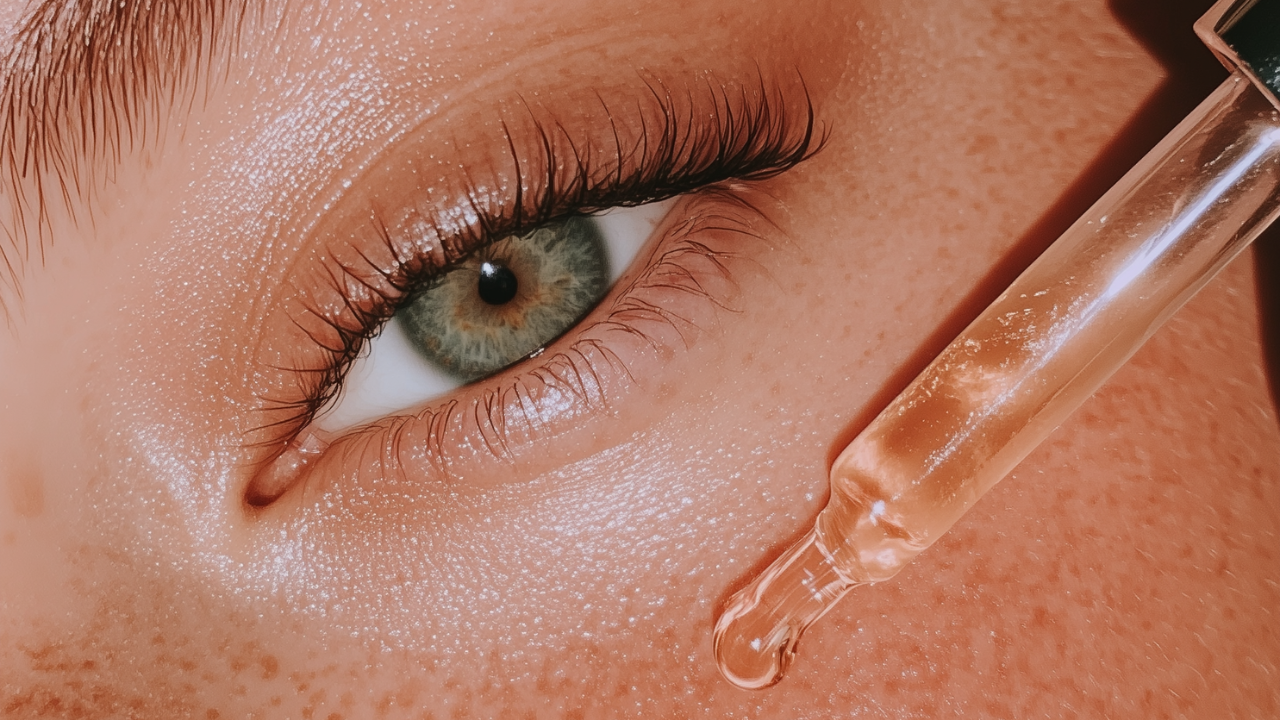7 Reasons Why Organic Skin Care Products Are Better for You
Jul 01, 2025
Why Organic Skincare?
In today’s beauty landscape, "organic skincare" has evolved from a niche label to a mainstream movement. Driven by growing awareness of skin health, ingredient transparency, and sustainability, more people are questioning what they apply topically—and rightly so.
Most conventional products contain synthetic fragrances, parabens, and harsh preservatives that can disrupt your skin’s barrier and trigger irritation. On the other hand, organic skincare is formulated with natural, certified ingredients grown without synthetic pesticides, offering cleaner, more nourishing solutions .
If you're navigating redness, dryness, or just craving a simpler routine, here are seven transformative reasons why organic skincare may be the right choice.
1. Gentle on Sensitive Skin – Bye Irritation
Why It Matters:
You don’t need a reaction every time you try something new.
- No harsh chemicals or artificial fragrances — major irritants for those with rosacea, eczema, or general intolerance.
- Naturally balanced pH and barrier support — many organic ingredients mimic your skin’s own lipids, reducing inflammation and sealing in moisture .
Reader Benefits:
- Less redness, itching, and flaking.
- More comfort and fewer breakout surprises.
- A routine that is both effective and nurturing.
2. Nutrient-Rich for Real Skin Health
Why It Matters:
Treat your skin like a garden—give it what helps it grow.
- Cold-pressed oils (like jojoba, rose hip, shea butter) are rich in vitamins A, C, E, and essential fatty acids
- Plant-derived antioxidants help fight free radicals, supporting elasticity and reducing signs of aging .
Reader Benefits:
- A complexion that glows from within.
- Improved texture—smaller pores, firmer tone.
- A youthful bounce, minus synthetic actives.

3. Free from Toxins & Harsh Preservatives
Why It Matters:
You’re choosing skincare, not chemical cocktails.
- Certified organic means zero parabens, phthalates, PEGs, or synthetic dyes — all of which may impact health over time .
- Less reliance on heavy preservatives = lighter, cleaner skincare goals.
Reader Benefits:
- Peace of mind for yourself and future generations (safe for pregnancy!).
- Elimination of over-processing that can harm your microbiome.
- A routine rooted in purity, not profit.
4. Eco-Friendly: Sustainable & Biodegradable
Why It Matters:
Your skincare shouldn't cost the Earth.
- Organic farming avoids pesticides, improving soil and local ecosystems
- Many natural formulations are biodegradable and packaged ethically
Reader Benefits:
- Feel good knowing you're supporting greener products.
- Lower carbon footprint and healthier planet for all.
- Packaging you can feel good about recycling.
5. Cruelty‑Free & Ethical by Design
Why It Matters:
Ethics should matter beyond your skin.
- Many organic brands are Leaping Bunny or PETA certified — no animal testing
- Focused farming preserves biodiversity, protects workers, and favors small producers
Reader Benefits:
- Aligns with values around cruelty-free lifestyles.
- Supports fair wages and community well-being.
- Purchases you can feel proud of — every time.
6. Supports Long-Term Skin Health & Microbiome
Why It Matters:
It’s not just a plan; it's a lifestyle.
- Microbiome-friendly botanicals maintain balance — reducing dryness and irritation
- Antioxidants protect against pollution, inflammation, and UV damage — fighting premature skin aging.
Reader Benefits:
- Resilient, hydrated skin that recovers faster.
- Gradual and sustainable improvement—not just surface-level beauty.
- Confidence in long-term transformation.
7. Transparency & Trust in Ingredients
Why It Matters:
Know what you're putting on your skin—no guesswork.
- Certified organic products actually must verify ingredient sourcing and purity.
- Visual simplicity promotes ingredient awareness and less greenwashing .
Reader Benefits:
- Clarity about what’s good for your skin — and what’s not.
- Empowered choices aligned with your thoughtful values.
- Freedom from complicated labels and false promises.
Counterpoint: When Organic Isn’t an Insta-Miracle
No, organic doesn’t guarantee perfect skin overnight.
- Some natural ingredients may cause allergies (e.g., nut oils, essential oils)
- Not all “organic”-labeled products are fully clean—look for reputable certification
- Organic products can cost more—but healthier ingredients and ethical sourcing offer long-term value.
Final Thoughts: Is Organic Worth It?
Organic skincare isn’t a shortcut — it’s a lifestyle rooted in nourishment, ethics, and environmental balance.
By switching, you're likely to notice fewer flare-ups, improved complexion, and the confidence of clean routines—with added bonus of planet-friendly impact.
👉 Start small: swap your cleanser or moisturizer for an organic alternative
👇 Listen to your skin — adjust based on results
💬 Let me know below: have you switched? What changes have you noticed?
FAQ: Common Questions
Q: Is organic always better for sensitive skin?
A: Not always. Patch-test new ingredients. Prioritize “fragrance-free” and “allergy-tested” labels.
Q: How quickly will I see results?
A: Generally 4–8 weeks, as natural actives work progressively. You’ll notice hydration and calm first.
Q: Where can I buy trustworthy organic skincare?
A: Look for USDA Organic, NATRUE, ECOCERT seals and ingredient transparency in brands.
Q: Can I DIY organic skincare?
A: Yes—oils like jojoba and aloe can be safe home-based alternatives. Sanitize containers for safety.


